Gossip industry is pulling your strings
Reasons why gossip could help and harm us through negative media
Ellen Stevens, Staff Writer
space
Gossip didn’t just ruin high school for you, it’s now ruining your generation.
Let’s start with identifying what the gossip industry is, what it does, and who benefits. As it turns out the gossip industry is a sophisticated mechanism used to control, make money, and gain power. Figures. And who loses the most? YOU! The Gossipee.
It begins with biology. We all have a natural attraction to fame. It’s in our blood. The media use this knowledge to feed us the belief that one day, we too can be famous. They start us off at a young age so we don’t question this concept and it appears as a natural desire and an attainable goal. Author Agnes Nairin who wrote Consumer Kids, says that kids spend 2x more time in front of a screen than in school. Kids who spend 5 hours a day on TV are 2x as likely to pick fame over intelligence as opposed to kids who only watch 1 hour a day.
The media keep us hooked by creating reality TV shows and feeding us success stories of real average Joes. Ellis Cashmore, Culture Media & Sports, Staffordshire University says “Britain’s Got Talent and other young children reality shows are a global business. There is a huge market for kid shows. The more the media supplies the more the target wants it.”
All these things are great contributors to making sure we continue to chase the dream. This constant attempt to obtain the unattainable is a clear characteristic of addiction. Professor Mark Griffiths, Addiction & Gambling Studies, Nottingham Trent University, “The earlier you start, the earlier you’re prone to more serious addiction, a gambler almost always constantly wins.” To summarize, the media have us curled around their fingers by getting us addicted to fame (all aspects of it) from an early age.
[pullquote]They start us off at a young age so we don’t question this concept and it appears as a natural desire and an attainable goal.[/pullquote]
The other gift biology has given us are our hard wired urges. We want to be close to leaders, and we naturally want to copy them. Is there an idol you fancy? Think about how much you know about this person, and how you can’t help but find things about them to be interesting.
This is because we have a hard wired need to gather social information about them. Professor Robin Dunbar, Evolutionary Anthropology, Oxford University, “Our brains are hardwired to make us social. Very few people can lean to litigate social isolation for varied periods of time.” What’s even scarier is that we create parasocial relationships with these people. Chris Roject, Society and Culture, Brunel University, “A parasocial relationship is defined as a relationship you establish based on what you know about a person.”
The closest that we have to this is Jesus. The younger this type of relationship begins the stronger the feelings. People now pretend that there is a two-way connection with them and the stars they are watching. This is possible because TV makes images look extremely real and our brains interpret these images as real. We therefore, develop relationships with imaginary people who are essentially ourselves. And it’s profitable because we buy stuff.
We also naturally want to congregate around our idols so we can reflect in their glory. An experiment was done about basking in reflected glory. It was called the Rasputin test. Students were asked to write an essay after reading a short passage about Rasputin.













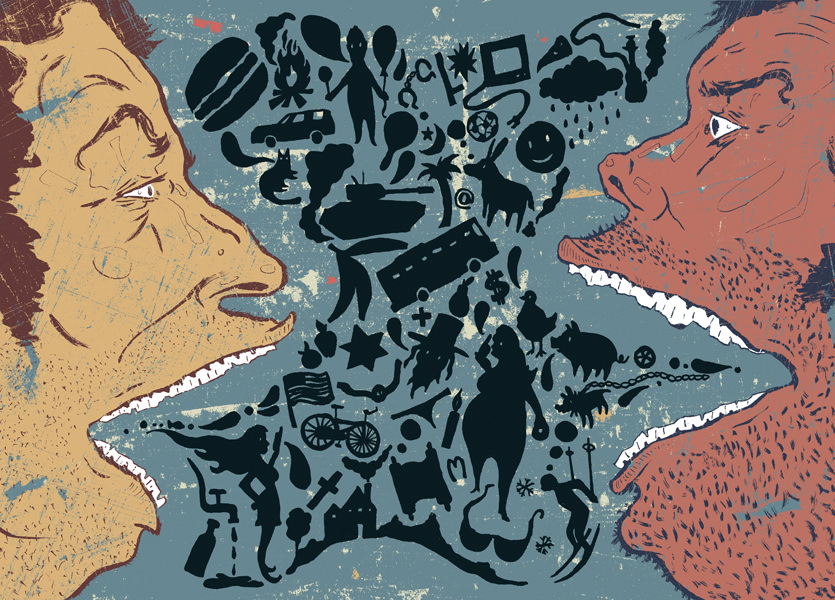
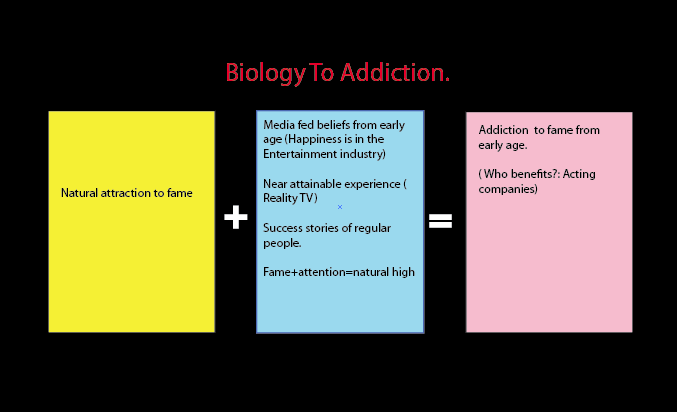
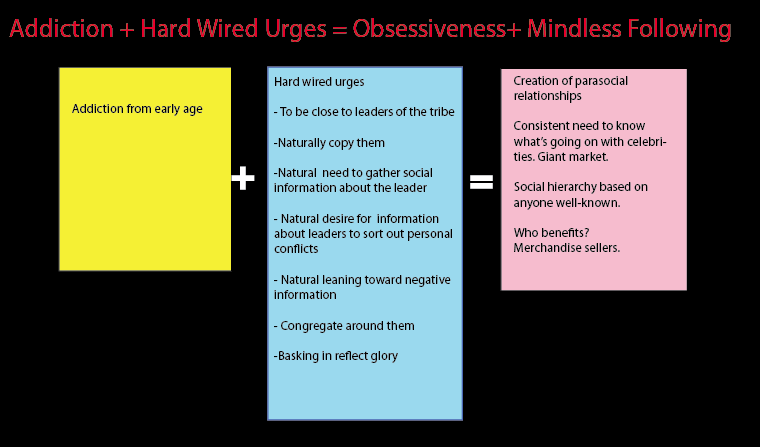
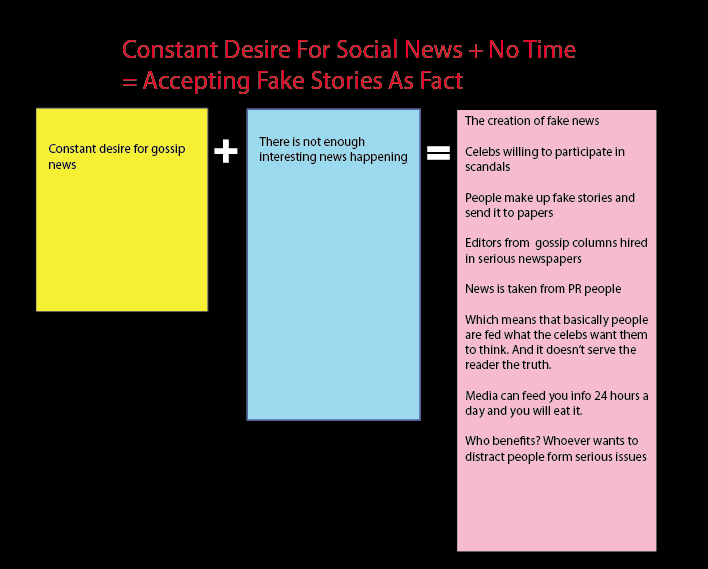
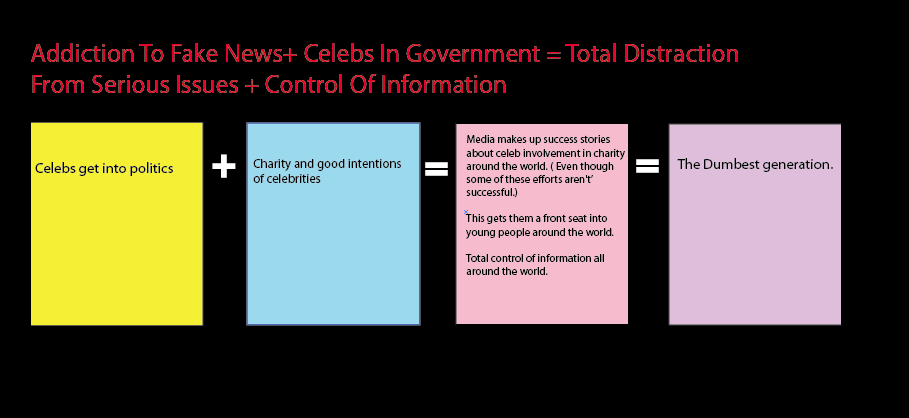


















Share the post "Gossip industry is pulling your strings"